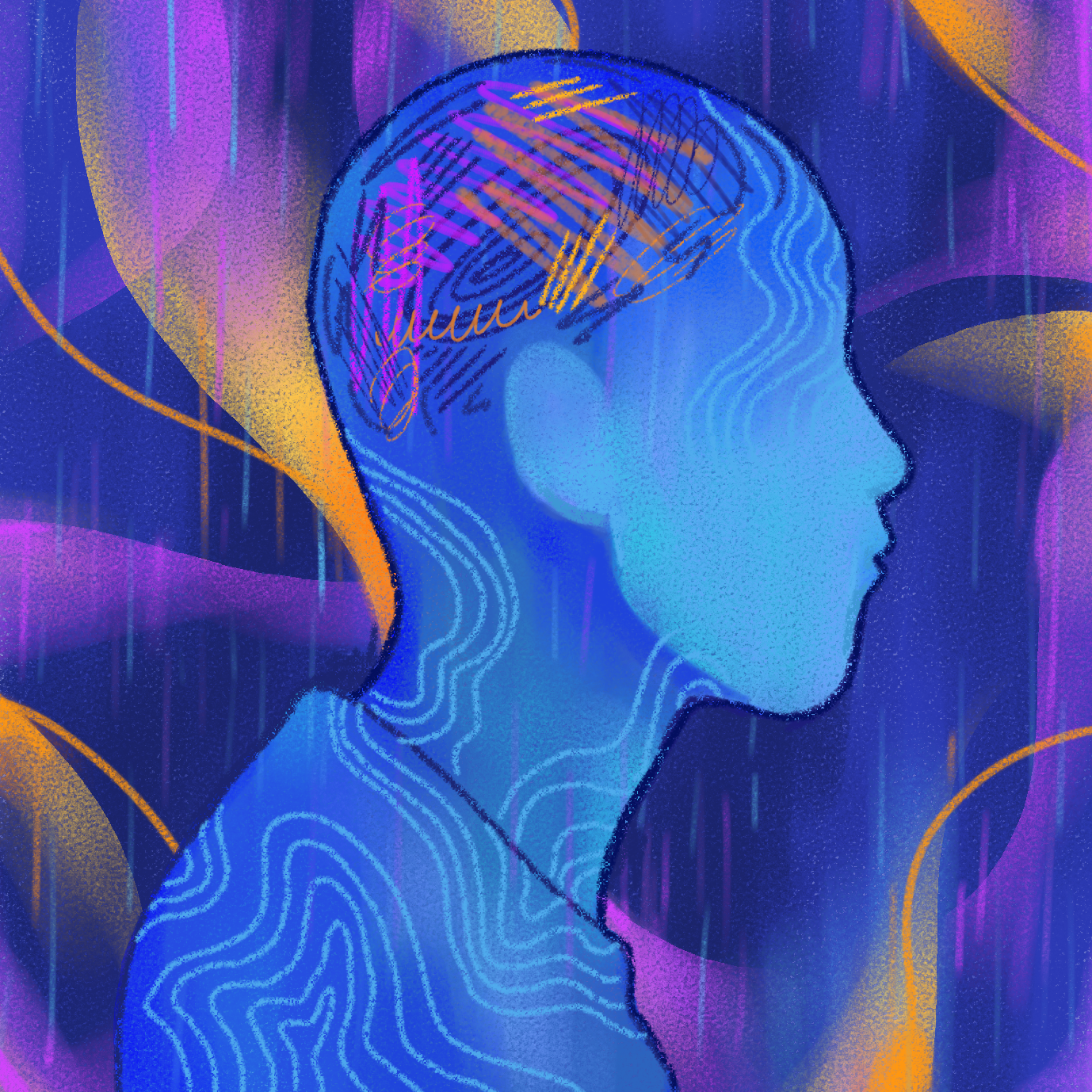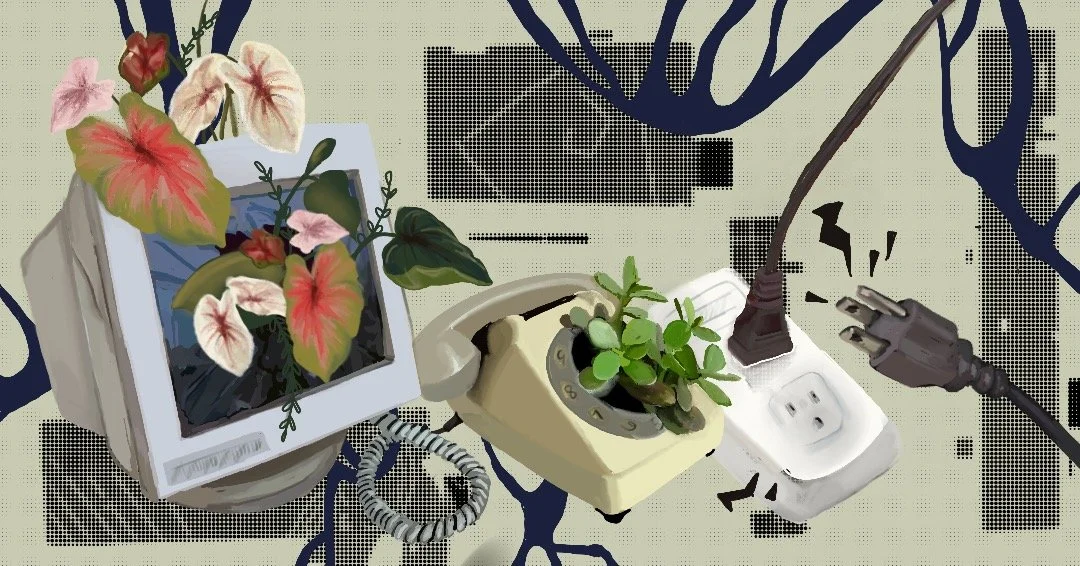Science + Research
from recent news to life in the lab
When winter sets in, feeling low is often brushed off as “just the winter blues”—but for many students, it’s something more. In ’Tis the Season to Be Not So Jolly, Maya Murali breaks down the science behind seasonal affective disorder, why college students are especially vulnerable, and how to recognize when a bad mood turns into something deeper. Blending accessible science with practical coping strategies and campus resources, this piece offers reassurance, clarity, and a reminder that support is always within reach.
For decades, psychological treatment has meant playing pharmaceutical roulette — cycling through low-effect medications and hoping one finally sticks. But what if relief didn’t have to take months or years? At Stanford, Dr. Nolan Williams and his team are revolutionizing psychiatry with SAINT, a personalized neuromodulation therapy boasting remission rates nearing 90% in just five days. Jones explores how precision brain stimulation is reshaping our understanding of depression — and may soon make trial-and-error prescribing a thing of the past.
Once dismissed as superstition, traditional medicine is making a powerful comeback — this time, at the center of wellness culture. From turmeric lattes to gua sha facials, ancient remedies are no longer confined to family kitchens; they're lighting up Instagram feeds and luxury spa menus alike. But as these age-old practices become wellness buzzwords, questions of cultural respect and authenticity simmer beneath the surface. In a world eager for balance and natural healing, the rise of traditional medicine is more than a trend — it’s a reckoning with the roots of how we heal.
What if the magic of psychedelics isn’t in the trip, but in what happens beneath the surface of consciousness? At Stanford, Dr. Boris Heifets and his team are challenging the idea that mystical experiences are essential to healing—by testing psychedelics on anesthetized patients to isolate their biochemical effects. In his article, Jones interviews these scientists as they push past FDA roadblocks and into the murky realm of non-ordinary states, unlocking new methods of mental health treatment.
In this article featuring Dr. Greg Fonzo, an assistant professor at UT Austin’s Dell Medical School and co-director of the school’s Center for Psychedelic Research and Therapy, Jones writes about the therapeutic potential of psychedelics. Check out this article to explore more about the science behind psychedelics!
Senapathi examines the ethical dilemma behind genetic testing. Read this piece to learn more about genetically engineering babies for specific traits, as well as the implications of doing so.
Syed discusses everything Open Science Movement. What is it? What are both sides to the argument? Click here to answer your questions.
Karthik expands upon sleep’s vital role in the sphere of academia.
Aritra Roy, a graduate student from the Department of Chemistry shares how scientists are utilizing the potential existence of extraterrestrial DNA to explore the creation of different genetic codes.
Risbud takes a deep dive into the growing problem of e-waste.
Deekshita Sundararaman discusses the science behind the evolution of our dreams.
Sanjana Kumar reflects on the 2021 Texas Freeze and the implications the government’s response has for the future.
Jace Gertz discusses the potential of omega-3s for health and cognitive performance.
Nagabhirava explores the trajectory of the pandemic and the best behaviors we can practice to accelerate our safe return to normalcy.
Kodali reflects on the importance of philosophy education in science.
Gupta explains the surprising connections between different body systems and brain health.
Busogi interviews UT professor Dr. Karen Willcox and emphasizes the importance of data science in a wide variety of fields
Penley outlines the mission of the Argument Driven Inquiry project and discusses why we should transform our education system to focus on applicability for major societal issues.
Owolabi outlines what multitasking truly is and how to use it most effectively.



















